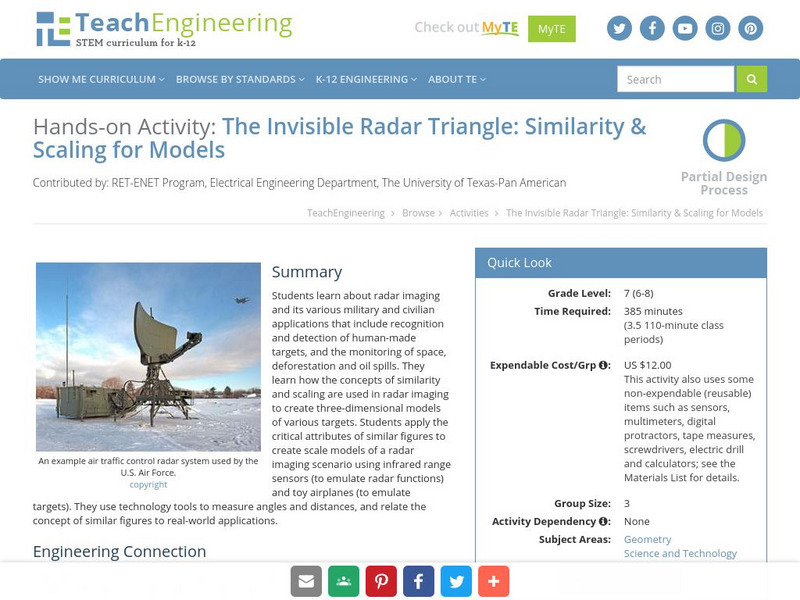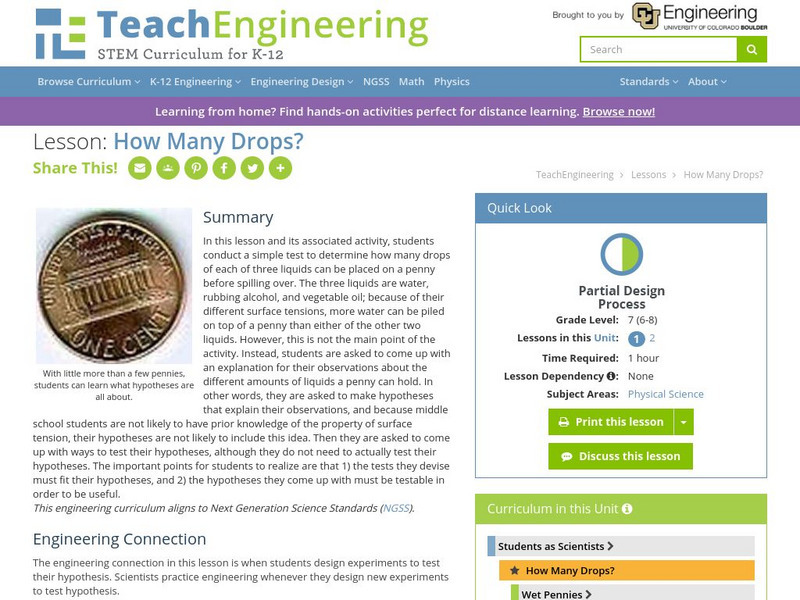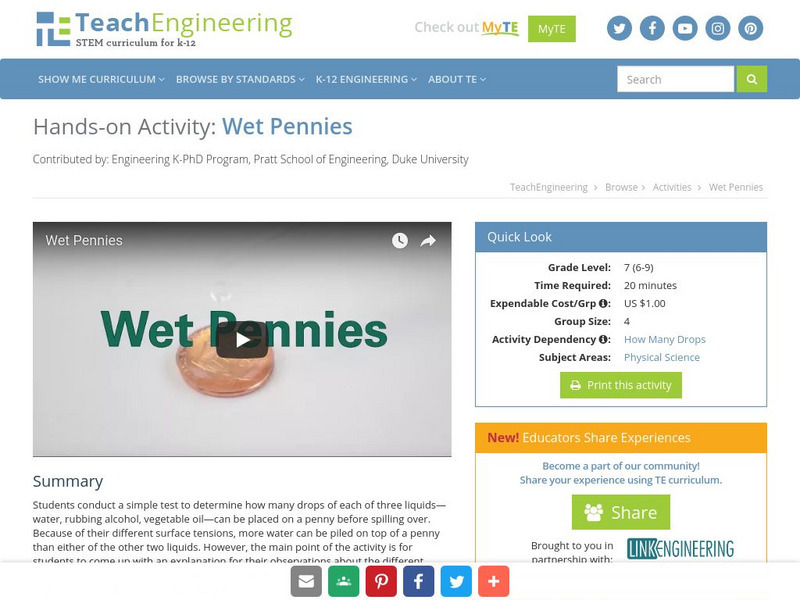Other
Bp: Gulf of Mexico Restoration
BP's mission is "to stop the flow of oil, clean up the environmental damage, and help make sure that people are compensated for their losses." Find graphics and videos on stopping the leak, cleanup of beaches, response to wildlife and...
Other
Us Government: Restore the Gulf
Since the oil well has been shut down, attention turns to the restoration of the Gulf with regard to wildlife, the impact on the sea and coastal areas, travel and tourism, filing a claim for damages, and a return to normal life for...
NOAA
Noaa: Office of Response and Restoration
Here are tools and information for emergency responders and planners, and others working to understand,.the effects of oil and hazardous materials in our waters and along our coasts. Links to oil/chemical spill information and photos....
US Environmental Protection Agency
Epa: Report Spills and Environmental Violations
Concerned about an environmental situation within the community but don't know where to go for answers? Find out here!
Curated OER
Bbc: Bp Oil Disaster
Up to the minute news on the disastrous Gulf of Mexico oil spill of 2010. The BBC reports on the impact on the environment and provides an interactive guide to stopping the leak itself. In addition, find maps that clearly define the...
Curated OER
Bbc News Us Oil Spill Commission Takes Shape
BBC News includes a video in which President Obama discusses the commission that has created to consider causes of the oil spill in the Gulf of Mexico and the options that need to be taken to prevent a similar disaster. Duration: 1 m 40...
Other
Microbworld: Discover Unseen Life on Earth
Visit this terrific site "to find out all about the world of microbes from your own hands to the mighty Himalayas, landfills to oil spills, common colds to uncommon cures, under microscopes and in the news."
TeachEngineering
Teach Engineering: The Invisible Radar Triangle
Students learn about radar imaging and its various military and civilian applications that include recognition and detection of human-made targets, and the monitoring of space, deforestation, and oil spills. They use technology tools to...
Geographypods
Geographypods: Patterns and Change: Patterns in Resource Consumption
This collection of three learning modules looks at issues related to resource consumption. It examines theories about how population size affects consumption, the changing patterns of energy consumption, and ways to minimize consumption....
US Geological Survey
Usgs: National Water Quality Assessment Program
Use this website to find out about water quality issues anywhere in the U.S.A. where water studies have been conducted by the U.S. Geological Survey.
NOAA
Noaa: National Ocean Service Education: Nonpoint Source Pollution
Illustrated tutorial explains nonpoint source pollution and its role in the health of the environment. Students learn about different sources of pollution and how these pollutants contaminate the land, air, and water. Click on the links...
US Geological Survey
Us Geological Survey: Bioremediation: Nature's Way to a Cleaner Environment[pdf]
Excellent information provided by the U.S. Geological Survey.
Other
Greenpeace
This is the home site for the non-profit organization Greenpeace. Greenpeace is an organization whose primary concern are threats to the planet's biodiversity and environment. The site provides links to news about the organization, a...
PBS
Pbs News Hour Extra: Mental Health and Disasters
During and after large disasters such as devastating hurricanes, floods, oil spills that have changed lives, fires, war and other natural and man-made disasters, how does a person cope? How do people deal with severe loss? How do they...
Michigan Reach Out
Ocean in a Bottle
At this site students will discover what happens when oil or liquid detergent are dumped into our earth's water supply.
Other
Santa Cruz Predatory Bird Research Group: Bald Eagles
A group committed to the conservation of endangered predatory birds provides information on the bald eagle, including a fact sheet. Research using satellite telemetry studies has been helpful in the study of wintering and native bald...
Other
Planet Ark: World Environmental News
Welcome to Planet Ark's daily Reuters World Environment News - the most comprehensive source of environmental news on the Net. To read previous news stories, please use the search engine below to find stories relating to any...
PBS
Pbs News Hour Extra: Obama and Bp Set Up $20 Billion Fund
Briefly discussed is President Obama's call for British Petroleum to set up a compensation fund in the amount of twenty billion dollars and the appointment of Kenneth Feinberg to oversee the fund. (16 June 2010)
Other
Conserve Energy Future: What Is Soil Pollution?
Students learn about the natural resource, soil, and explore the ways it can become polluted.
TeachEngineering
Teach Engineering: How Many Drops?
In this lesson and its associated activity, students conduct a simple test to determine how many drops of each of three liquids can be placed on a penny before spilling over. The three liquids are water, rubbing alcohol, and vegetable...
TeachEngineering
Teach Engineering: Students as Scientists
This curricular unit contains two lessons that let students actually do the work of scientists as they design their own experiments to answer questions they generate. In the first lesson and its associated activity, students conduct a...
PBS
Pbs Teachers: Ocean Activity Ideas
Explore ocean habitats, learn about the extreme weather of the ocean and examine environmental threats to the ocean. Conduct experiments on buoyancy and osmosis, and research sailing and ocean-based industry.
TeachEngineering
Teach Engineering: Wet Pennies
Students conduct a simple test to determine how many drops of each of three liquids can be placed on a penny before spilling over. The three liquids are water, rubbing alcohol, and vegetable oil; because of their different surface...
Other popular searches
- Water Pollution Oil Spills
- Oil Spills Ecosystems
- Ocean Oil Spills
- Cleaning Oil Spills
- Oil Spills Worksheets
- Debate on Oil Spills
- Oil Spills Graph
- Valdez Oil Spills
- Environment Oil Spills
- Ocean Diorama Oil Spills
- Animals and Oil Spills
- Exxon Oil Spills














